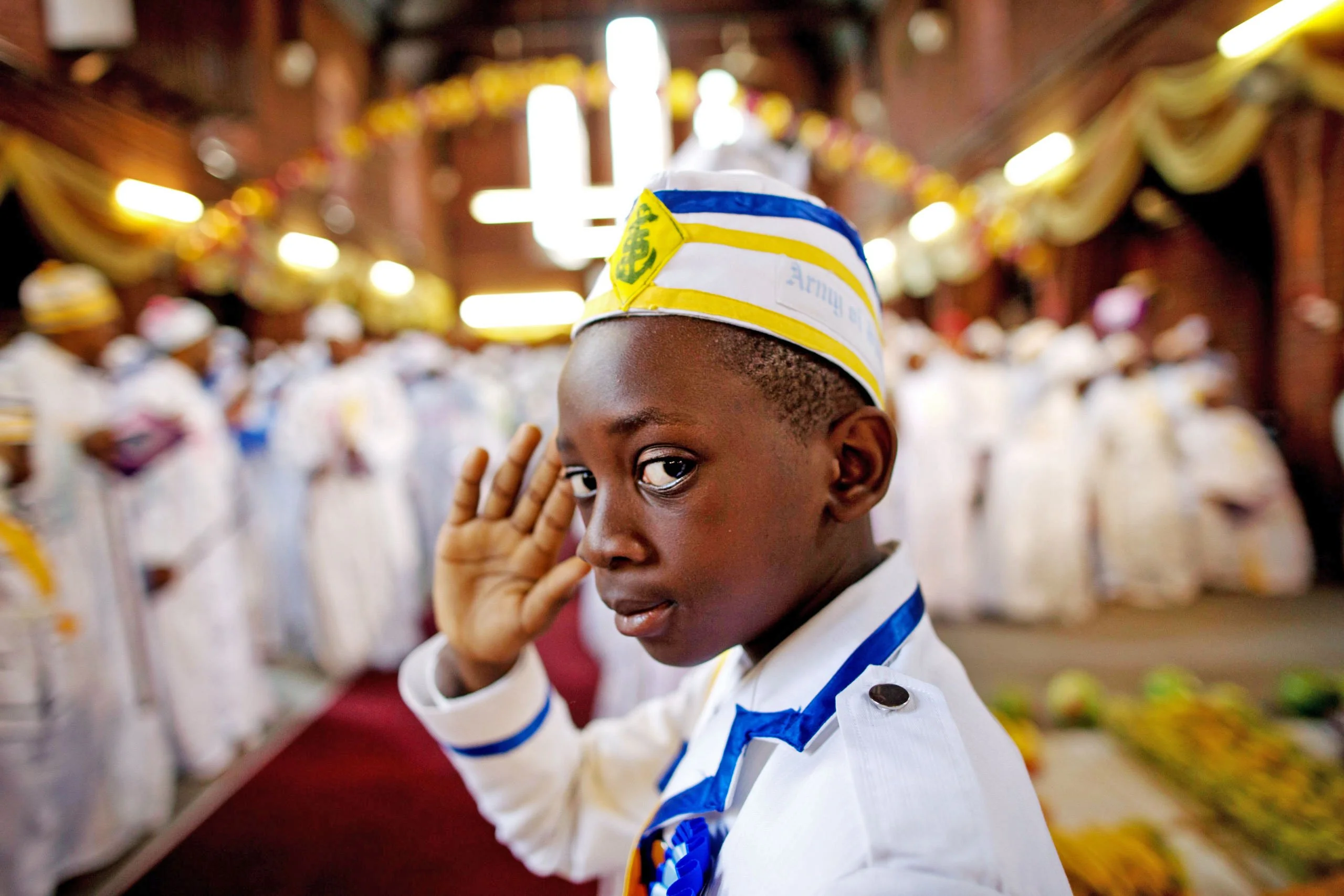There is no denying it. The centre of gravity in the Anglican Communion has moved decisively and permanently toward the Global South. The numbers alone tell the story. Three out of every four Anglicans now live outside Europe and North America. Most are young, most are African, and most live their faith in conditions far removed from the wealth and comfort of the Western world.
Yet this demographic transformation has not brought unity. It has exposed deep wounds in the body of the Communion. Questions that once simmered beneath the surface about truth, holiness, power, and identity now stand in plain view. What does it mean to be Anglican in a world that no longer looks to Canterbury for direction? And what does faithfulness look like in a family of churches that now speak with more than one moral voice?
The Rise of the Global South
Anglicanism is no longer a polite English export. It is a global movement of prayer, witness, and mission, and nowhere is that more visible than in Africa. Nigeria, Uganda, Kenya, and Rwanda now form the beating heart of the Communion. These churches are young, vibrant, and confident. They grow in numbers even as the Western churches decline.
The average Anglican today, as Archbishop Justin Welby once observed, is a woman in her thirties living in sub-Saharan Africa on less than four dollars a day. That single sentence says much. It reminds us that the life of the Church is not sustained by wealth or power but by faith and perseverance.
For many in the Global South, this growth carries a sense of stewardship. The future of Anglicanism now rests in their hands. The Gospel that first arrived here through colonial mission is now being proclaimed back to a weary and confused West. It is a profound reversal, full of both grace and irony.
A House Divided
The same shift, however, has brought strain. The Communion has become a house divided, not by geography alone but by theology. The presenting issue has been human sexuality, the Western church’s growing acceptance of same-sex relationships and the blessing of same-sex unions. But beneath that lie deeper questions about the authority of Scripture, the nature of truth, and the moral imagination of our age.
Many Western provinces now see moral teaching as a matter of inclusion and evolving conscience. Many Southern provinces see it as a matter of faithfulness to revealed truth. For one side, change is compassion; for the other, it is compromise. And so we find ourselves again at a Reformation moment, a crossroads where the Church must choose between accommodation and conviction.
Yet this is not simply a clash of cultures. It is a contest over the soul of Anglicanism itself, whether it will remain rooted in the historic faith once delivered to the saints or drift into something shaped more by social pressure than by Scripture.
The Colonial Shadow and the Question of Power
There is also the shadow of history to contend with. For centuries, Anglican identity has been tied to Britain, its Crown, its culture, and its habits of order. When Christianity became the religion of empire under Constantine, it ceased to be countercultural and began to serve the purposes of state. The same danger reappeared in the colonial era, when the Church’s mission was often entangled with political ambition.
Now the roles are reversed. The once-dominant churches of the West are in decline, and the faith they planted has taken deep root in Africa, Asia, and Latin America. Yet some in the West still act as though authority runs one way, from Canterbury outward. For many in the Global South, that is no longer acceptable.
The claim that Western churches can dictate doctrine while ignoring biblical authority feels, to many, like a new form of cultural imperialism. When money and influence are used to push theological agendas, the wounds of colonialism reopen. The South’s cry for moral integrity is also a cry for dignity, for a communion built on mutual respect, not dependency.
GSFA, GAFCON and the Reclaiming of Identity
Two movements have emerged from this struggle: the Global South Fellowship of Anglican Churches (GSFA) and the Global Anglican Future Conference (GAFCON). Both hold to the same conviction that Scripture, not culture, defines the Church’s life.
GSFA seeks to renew the Communion from within, building partnerships among biblically faithful provinces. GAFCON, meanwhile, has focused on creating alternative structures where orthodox Anglicans in the West can belong. Together, they represent a movement of conscience, a reawakening of Anglican mission grounded in Scripture, holiness, and evangelism.
In this, we see not rebellion but renewal. What began as protest has become a reformation of purpose. The Church is remembering what it means to be global, not colonial; evangelical, not institutional; Spirit-led, not state-bound.
The Role of Leadership and the Way of Grace
Leadership, of course, remains a sticking point. The Archbishop of Canterbury has long been called “first among equals,” but the Global South now questions whether that phrase still holds meaning. When the mother church abandons its moral authority, can it still claim to lead?
Yet this moment also calls for humility. The temptation to triumphalism, the sense that “we are now the true church,” must be resisted. Faithfulness is measured not by numbers or noise, but by holiness and love. The Church must stand firm in truth without falling into pride or bitterness.
Archbishop Sarah Mullally once reminded us that disagreement need not destroy dignity. We can stand firm on conviction while still showing grace. But grace, if it is genuine, must never come at the expense of truth.
A Call to the African Church
The African Church now stands at a defining moment. The faith that once came to our shores in colonial dress is now ours to carry forward, not in imitation of the West but in obedience to Christ. Our task is not to dominate the Communion but to disciple it.
We must remain faithful to the Word while also learning to lead with humility. The world will not be won by argument but by example. Integrity in leadership, compassion for the poor, courage in truth, and unity in prayer will do more to shape the future of Anglicanism than any resolution or synod.
Africa’s witness matters because it is living, not theoretical. It is the witness of people who still believe in the power of prayer, who still trust the Scriptures, who still know that the Gospel changes lives. The challenge is to preserve that authenticity even as influence grows.
Conclusion
The centre of the Anglican Communion has shifted, not only geographically but spiritually. The faith that once travelled outward from Canterbury now flows back from the Global South to a weary West. The question is whether we will use this moment to heal or to harden, to reform or to divide.
The future of Anglicanism will not be decided in London or Washington. It will be forged in Lagos and Kigali, Nairobi and Kampala, where faith still burns brightly and where the Word of God still commands reverence.
This is Africa’s moment, not to claim ownership of the Communion, but to remind it of its first love. The task before us is not to build a new empire but to bear faithful witness to the kingdom of God.
If we can do that, with truth in our hearts and grace in our hands, then Anglicanism’s story is far from over. It may, in fact, be only beginning again, from the South, by the Spirit, and for the glory of Christ.


Leave a Reply